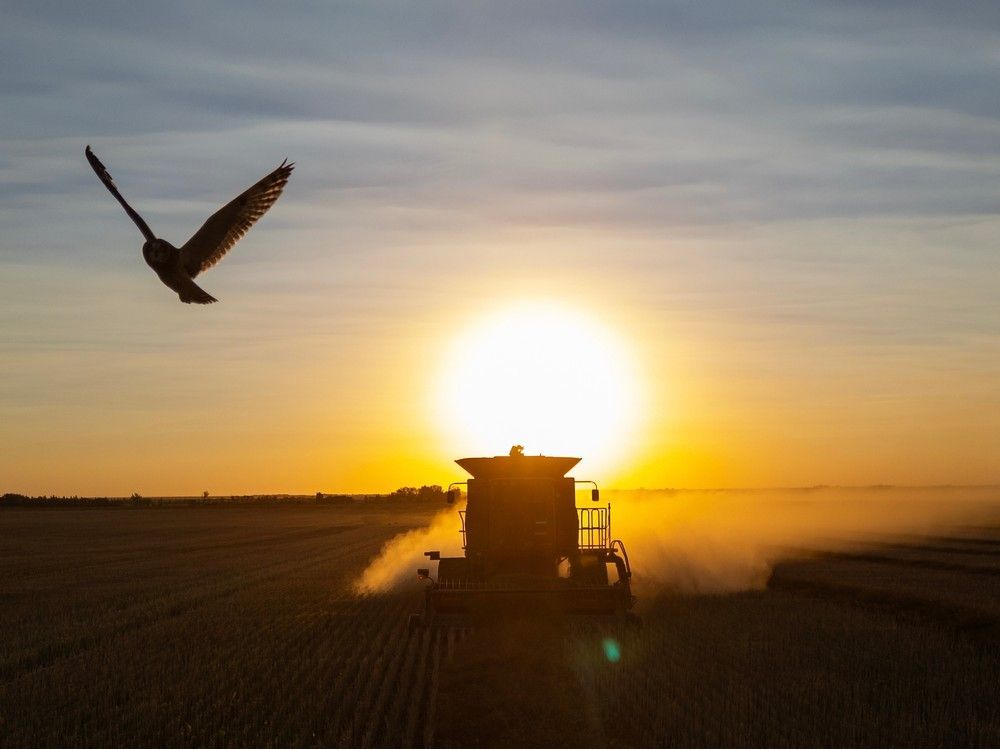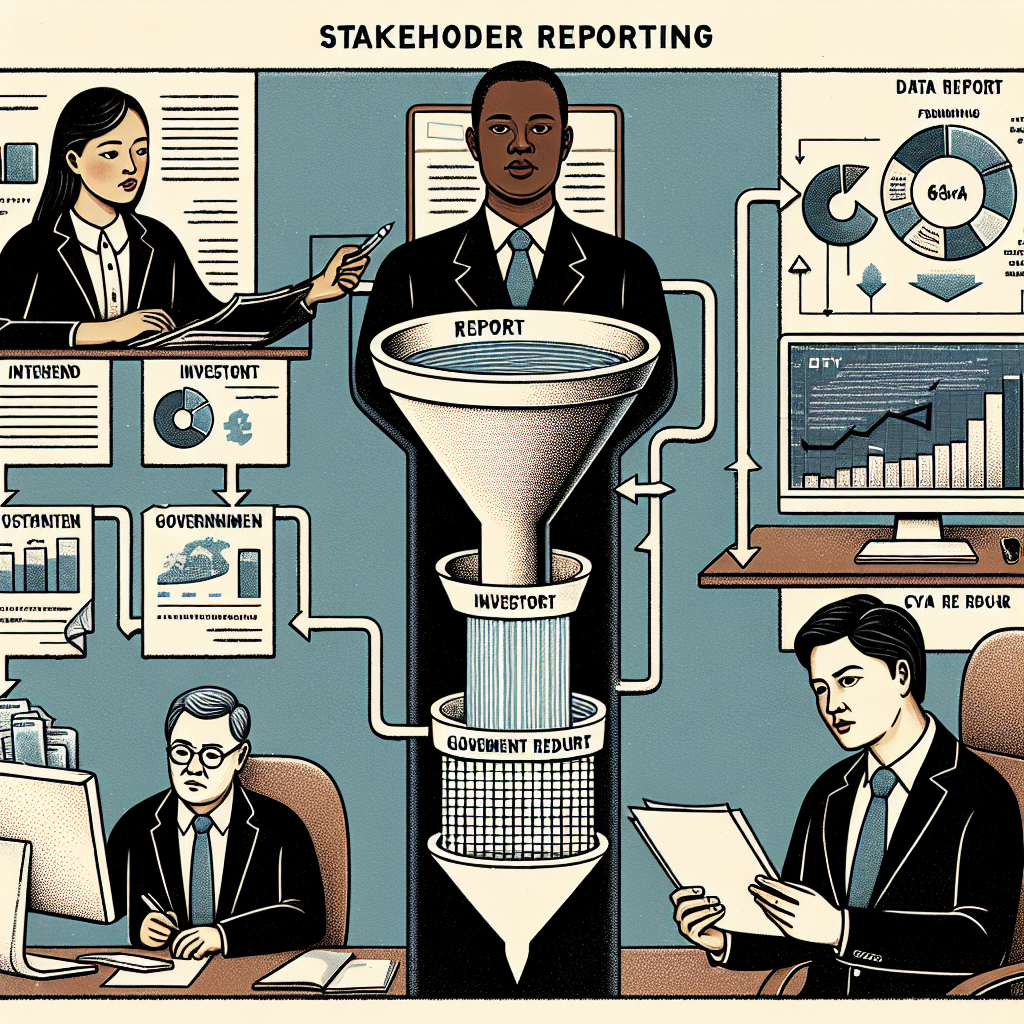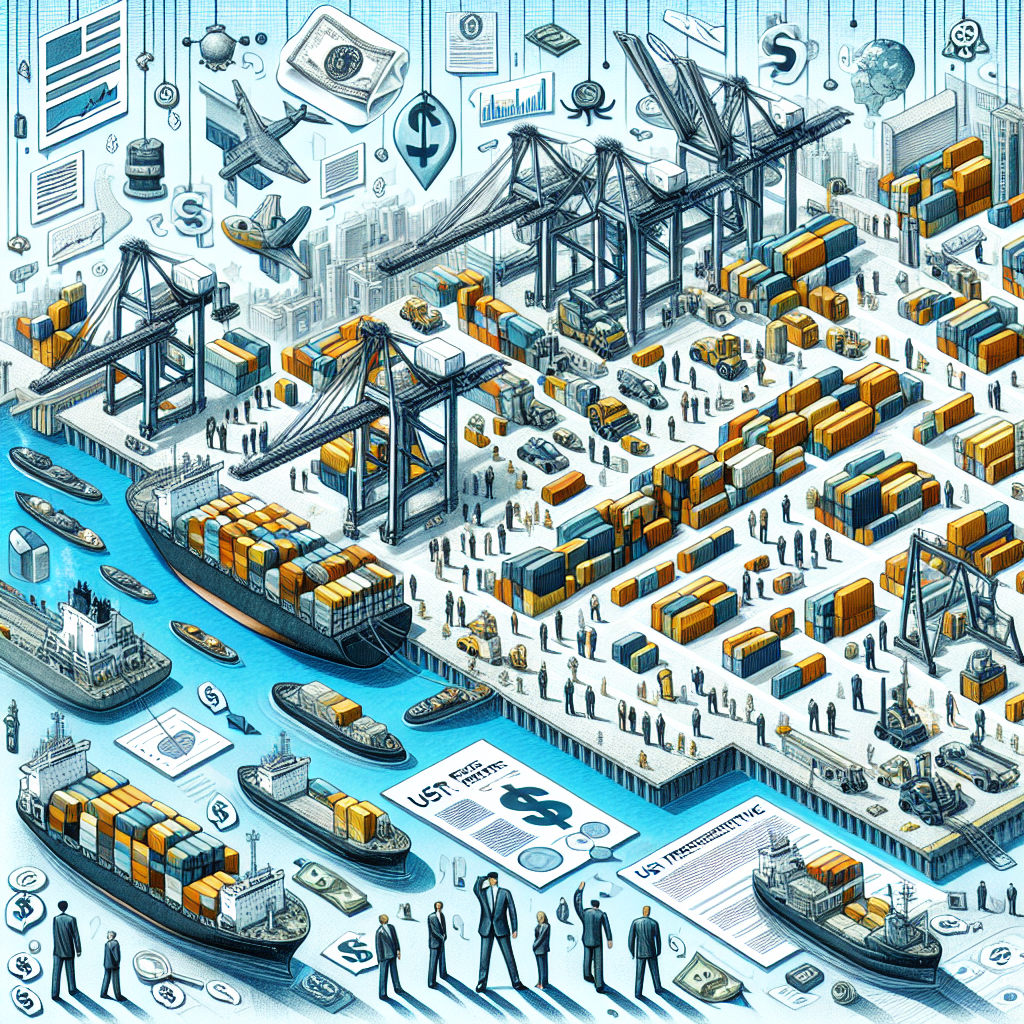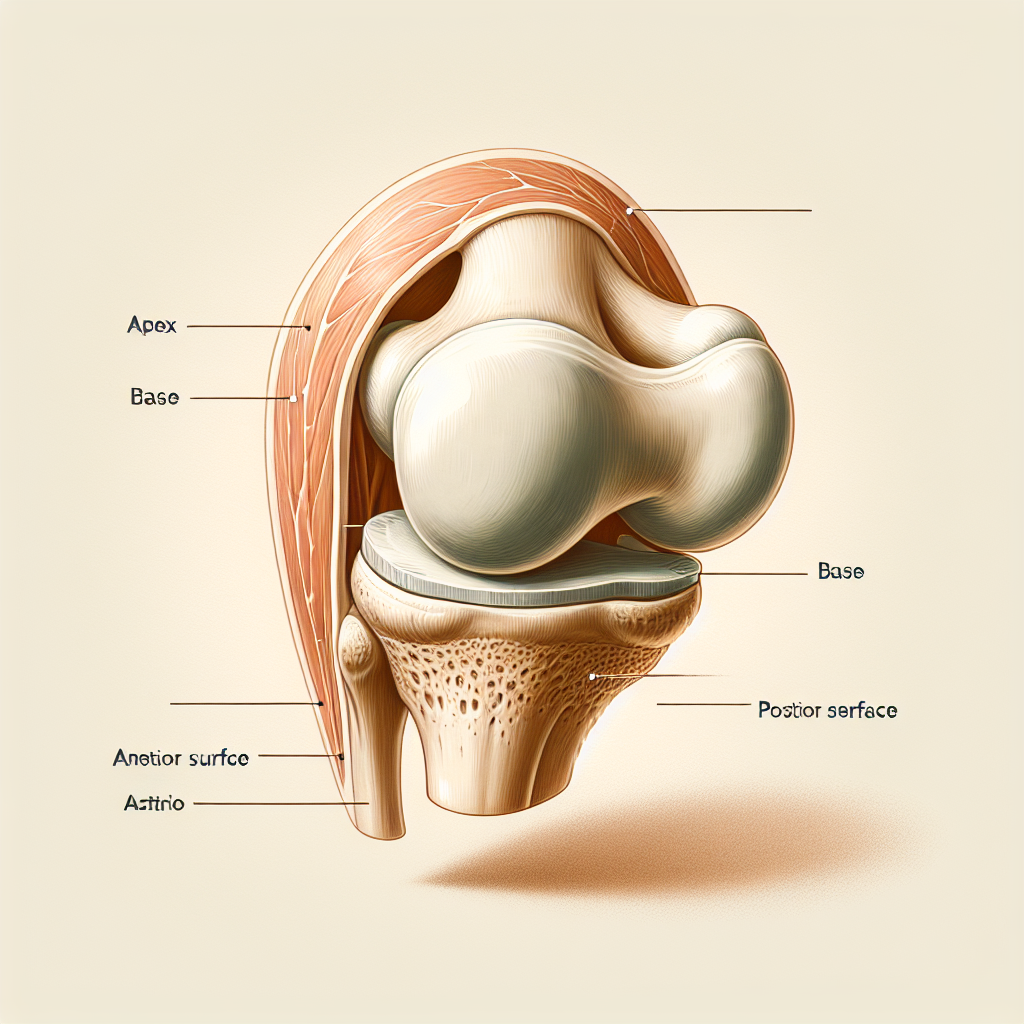The first thing the incoming federal government must do for Saskatchewan is address the trade war with China. One hundred per cent tariffs on canola meal and oil might ravage Saskatchewan’s farm income in a worse way than hail, drought, frost or flooding ever could. “It’s pretty tough as a farmer when a government is kind of picking winners and losers,” Lanigan farmer Clinton Monochuck told The Canadian Press.
Or perhaps the most crucial task at hand for Monday’s election winner is to help with Saskatchewan’s drug crisis — t he Saskatoon Fire Department has responded to 900 overdose calls this year alone. That’s more than eight a day. “I have an envelope in my office full of funeral cards,” Kayla DeMong, executive director of Saskatoon’s Prairie Harm Reduction, recently told Jeremy Simes of The Canadian Press.

“We used to hang them up. I can’t look at them anymore.” There are a million issues to deal with here — probably, 1,250,909 issues.
It seems each and every person has one. Yet few of them were addressed in this recent federal election campaign in which Saskatchewan was the flyover for leaders’ tours. Just one Saskatchewan stop by Conservative Party Leader Pierre Poilievre (with no questions from local reporters)? And just two Saskatchewan stops by Liberal Party Leader Mark Carney — the second on the last campaign day when a poll by Spadina Strategies showed Saskatoon University may be in play for the Liberals? Really? There is that other trade war — the one perpetrated by U.
S. President Donald Trump — that affects Saskatchewan’s annual $40 billion in trade with Americans. That includes more than $12 billion in oil.
How Ottawa can help Saskatchewan best maximize riches from our “food, fuel and fertilizer” economy should always be an issue. After all, this is how we pay for everything else. Then again, maybe the new federal government needs to first help us figure out how Saskatchewan still fits into the national quilt.
In the home of medicare — the place CBC national radio host Peter Gzowski used to call the “most Canadian of provinces” — one-third of us are supposedly in favour of joining the U.S. if Mark Carney’s Liberals win , according to polling.
If not the CBC, it sure seems as if something or someone needs to tell those hunkered down in their partisan social media silos that this hard-to-spell rectangle on the cold, bald prairie is still a big part of Canada. Affordable housing for working families? An important issue. But it’s just one of many things impacted by high housing prices.
Housing prices increased six per cent in March to a benchmark residential home price of $353,600, as inventory in our major cities hit an all-time low. Saskatoon realtors tell stories of homebuyers offering $100,000 more than the asking price. For the houseless, who have been camping in front of our city halls or even for Indigenous people in poverty, a Saskatchewan house of their own remains just a pipe dream.
Here in Saskatchewan, we burn dirty coal to keep the lights on in our houses — not because we are so enamoured by stinking up the environment with greenhouse gas emissions, but because we don’t have many practical, affordable alternatives. We could use a little help from a federal government that understands our need for small modular reactors, costly and sometimes less practical wind and solar projects, a national power grid, pipelines or natural gas electrical generation. Similarly, we drive gas-guzzling F-150s mostly because farms and businesses are now so far apart in a place where we have to spread out to make a decent living.
Nobody prefers to drive hundreds of miles on icy, snow-encrusted highways just to get to a doctor or home from school, but that’s just the way it is here. It remains a wonder that in the past 20 years, we have had so many people from other lands want to move here — another issue we could better deal with if we get a bit of help from Ottawa. Perhaps we could better solve these problems ourselves if we saw an increase in federal health or education transfer payments .
.. or at least, a fairer equalization policy that didn’t simultaneously punish us for having natural resources while hitting us with a carbon tax.
We do have problems here — problems we sometimes see from our vantage point, which may be a combine cab or an apartment window looking onto a troubled back alley. Worse, our own partisan beliefs fuelled by politicians fog up the view. But we all are trying.
All of us. Every day. As our motto says, “ Multis e gentibus vires.
” Whether it’s building canola crushing plants or exploring costly irrigation at Lake Diefenbaker, we have ideas that could be made better with federal assistance. We can’t do it all on our own and the frustration from trying has become all too evident. A place often too proud to ask for help really needs it from this incoming federal government.
Mandryk is the political columnist for the Regina Leader-Post and the Saskatoon StarPhoenix. RelatedSaskatchewan beats Alberta and Quebec in wanting to leave Canada if Carney wins: pollMandryk: Moe's Conservative endorsement cools Western separatism flames ..
. or fans them Our websites are your destination for up-to-the-minute Saskatchewan news, so make sure to bookmark thestarphoenix.com and leaderpost.
com. For Regina Leader-Post newsletters click here; for Saskatoon StarPhoenix newsletters click here.
Politics

Mandryk: Saskatchewan is a complex place in need of help from incoming federal government

There are a million issues to deal with here — probably, 1,250,909 issues. It seems each and every person has one.















